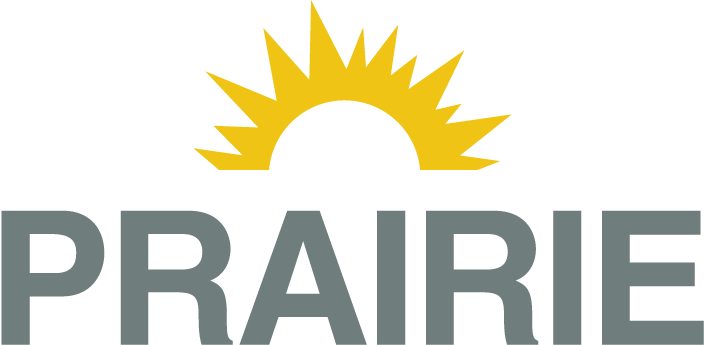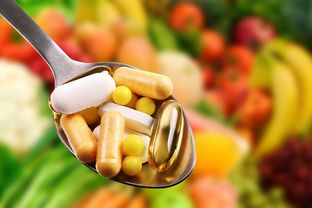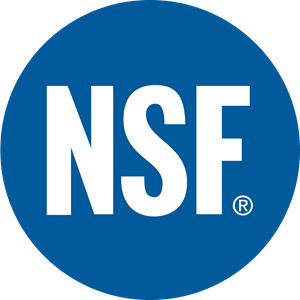As with needing more protein at a young age for optimal growth, vitamins and minerals are also very important to have. These micronutrients don’t contain calories like macronutrients, but they allow the processes in our body to run properly and efficiently. Many foods we eat, especially convenience food, is highly processed which causes the foods to lack or even lose certain vitamins and minerals. Again, we always believe that whole foods should be ingested over supplements, as a multivitamin won’t replace eating a variety of fruits and vegetables. However, if our fruit and vegetable intake is adequate, then a multivitamin can be taken to help fill in the gaps in the nutrients that we’re still deficient in.
Fish Oil is very important to aid in general health and well-being. It provides Omega 3’s, which are essential to your diet. Many don’t completely understand the importance of Omega 3’s.
There’s Omega 3, 6, and 9. Chicken, red meat, nuts, whole grains, cereal, and many other foods contain Omega 6. Our body can naturally make Omega 9 so it’s not important to supplement with these. Omega 3’s on the other hand are really only found in fish and flax seed. Flax seed contains a type of Omega 3 named alpha-linolenic acid (ALA) that our body must convert to eicosapentaenoic acid (EPA) and docosahexaenoic acid (DHA) to be absorbed and used, so forms of flax seed won’t have as potent of an effect compared to those from fish. The ideal ratio of Omega 3 to Omega 6 should be 1:1 but unless you’re consuming lots of fish, that ratio is typically as high as 1:50! Taking fish oil can benefit your health by decreasing joint and muscular inflammation, decreasing triglycerides, decreasing blood pressure, increasing HDL (good cholesterol), decreasing LDL (bad cholesterol), and can decrease symptoms of depression and ADHD. A standard 1000mg fish oil softgel provides around 300 mg of Omega 3s (and even less of the important EPA and DHA), and to meet the 500 mg EPA and DHA recommendation, a minimum of two softgels would be necessary. Sometimes a “fishy burp” can be experienced when taking fish oil so to avoid this, look for ones with an enteric coating. This allows the pill to pass through the stomach and be digested in the intestines. Most typical pills will dissolve in the stomach causing fishy burps.
Creatine is one of the most misunderstood supplements. There’s no arguments about the efficacy and benefits to athletes that take creatine. It’s been clinically proved time and time again to benefit the qualities of anaerobic fitness such as strength and power. There’s very strong evidence to support that creatine increases power output and decreases fatigue for power based sports. Our body naturally makes creatine but it can also be found in some foods, mostly red meat, eggs, and fish. There are stories of side effects from using creatine such as bad acne to kidney failure. The truth is, unless you already have a predisposed kidney issue or take extremely high amounts, creatine is perfectly safe to use. There’s no need to have a loading phase with creatine where you take high amounts for a small period of time then take a maintenance dose for the remainder of the time. Again, a 5g dose per day of creatine monohydrate will ensure enough benefit.



